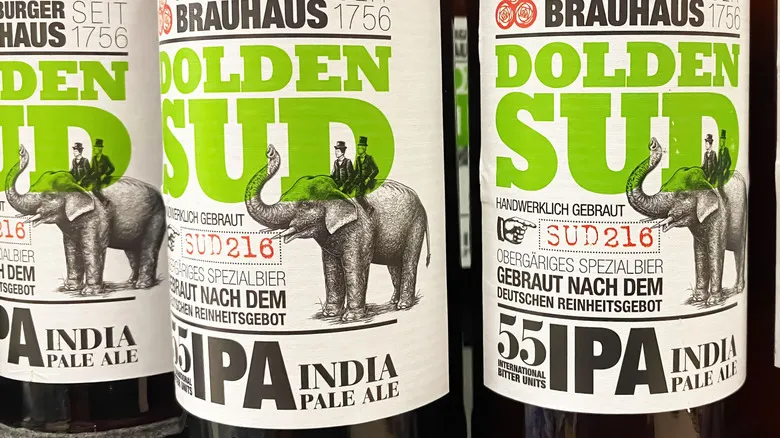The science behind measuring IBUs

From a scientific perspective, International Bitterness Units (IBUs) quantify the concentration of isohumulone in beer, measured in parts per million. Isohumulones are chemical compounds derived from hops that contribute to the beer's bitterness. While there is some debate among enthusiasts, the IBU scale typically spans from 0 to 100, with 100 representing a beer that is notably hoppy and bitter. Some brews may claim to exceed 100 IBUs; however, as noted by Sierra Nevada's Senior Quality Advisor Charlie Bamforth, "The maximum value you can achieve is 100, regardless of what some may assert." This is due to the fact that, according to certain brewers, our taste buds cannot detect any additional bitterness beyond the 100 IBU mark.
Since the mid-20th century, brewers and scientists have been assessing beer's bitterness, and the methodology has evolved over the years. The IBU scale serves not only as a marketing tool but also as a rigorous scientific method that brewers employ for quality assurance to maintain consistency. The initial step involves introducing an acid and solvent to the beer sample to extract the isohumulones or iso-alpha acids. Subsequently, the solvent undergoes analysis through spectrophotometry, which measures how compounds interact with light. As you might expect, this procedure necessitates advanced, costly equipment that is typically available to commercial and larger craft breweries. While measuring IBUs at home may not be feasible, brewing kits like Mr. Beer's Craft Beer Making Kit or Craft-A-Brew Beer Making Kit make it incredibly simple to create your own delicious homebrew.
Recommended

Domino's And Yellow Tail Come Together For An Unexpected Collaboration

The Favorite Cocktails Of 9 Celebrity Chefs

Where Does The Word 'Cocktail' Come From?

How To Make The Best Bloody Mary You've Ever Tasted
Next up

